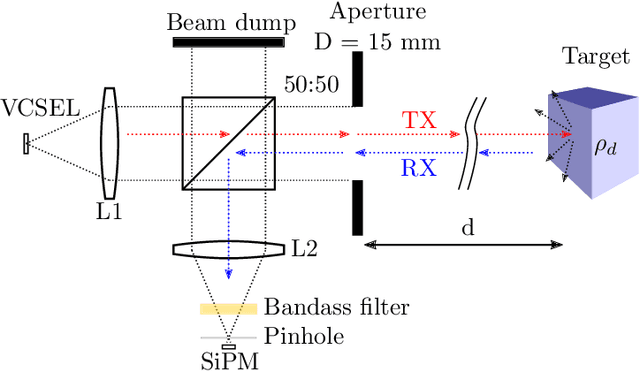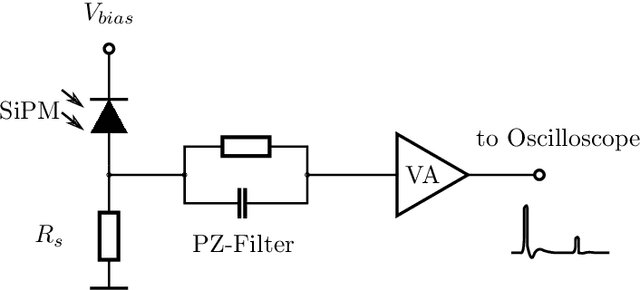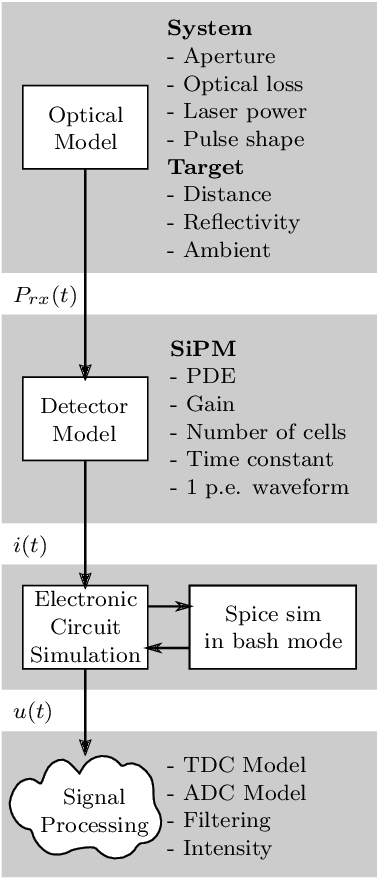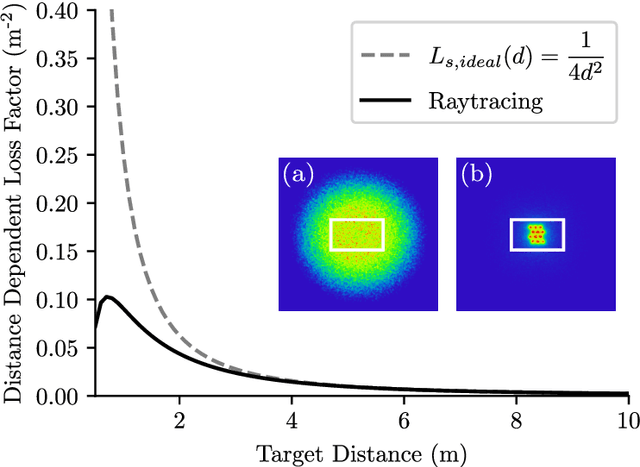Martin Jakobi
Neural Network-Based Multimode Fiber Imaging and Characterization Under Thermal Perturbations
Sep 25, 2024



Abstract:Multimode fiber (MMF) imaging aided by machine learning holds promise for numerous applications, including medical endoscopy. A key challenge for this technology is the sensitivity of modal transmission characteristics to environmental perturbations. Here, we show experimentally that an MMF imaging scheme based on a neural network (NN) can achieve results that are significantly robust to thermal perturbations. For example, natural images are successfully reconstructed as the MMF's temperature is varied by up to 50$^{\circ}$C relative to the training scenario, despite substantial variations in the speckle patterns caused by thermal changes. A dense NN with a single hidden layer is found to outperform a convolutional NN suitable for standard computer vision tasks. In addition, we demonstrate that NN parameters can be used to understand the MMF properties by reconstructing the approximate transmission matrices, and we show that the image reconstruction accuracy is directly related to the temperature dependence of the MMF's transmission characteristics.
Full-Waveform Modeling for Time-of-Flight Measurements based on Arrival Time of Photons
Aug 03, 2022



Abstract:Modern LiDAR sensors find increasing use in safety-critical applications. Therefore, highly accurate modeling of the system's behavior under demanding environmental conditions is necessary. In this paper, we present a modular structure to accurately simulate the amplified raw detector signal of a direct time-of-flight LiDAR system for coaxial transmitter-receiver optics. Our model describes, a measurement system based on standard optical components and a detector able of converting single photons to an electrical signal. To verify the model's predictions, single-point measurements for targets of different reflectivity at defined distances were performed. Statistical analysis shows an R-squared value greater than 0.990 for simulated and measured signal amplitude levels. Noise modeling shows good accordance with the performed measurements for different target irradiance levels. The presented results have a guiding significance in the modeling of the complex signal processing chain of LiDAR systems, as it enables the prediction of key parameters of the system early in the development process. Hence, unnecessary costs by design flaws can be mitigated. The modular structure allows easy adaption for arbitrary LiDAR systems.
 Add to Chrome
Add to Chrome Add to Firefox
Add to Firefox Add to Edge
Add to Edge